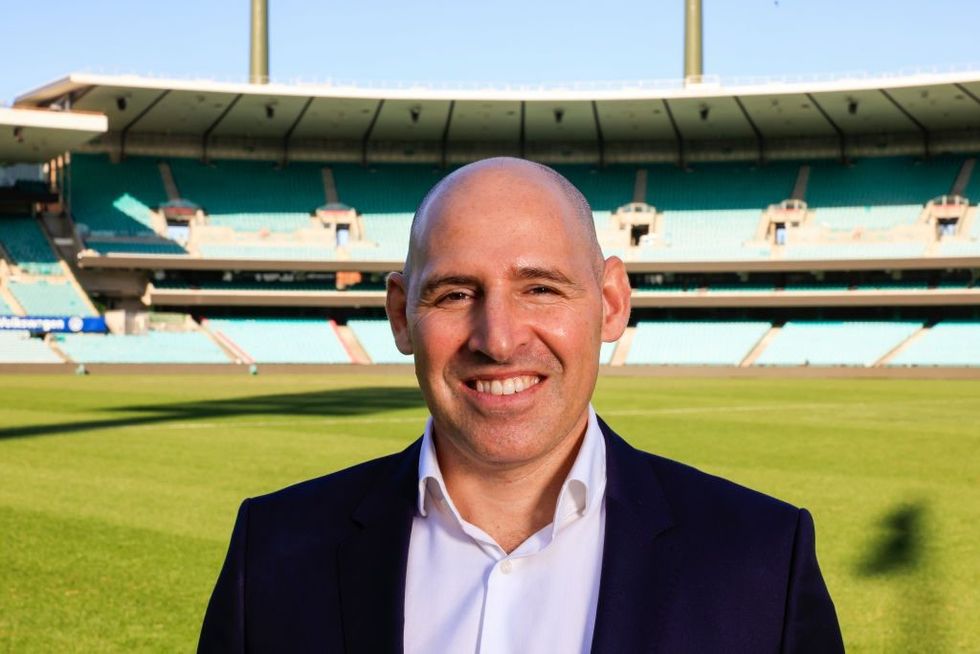AUSTRALIA would be open to hosting Asian arch-rivals Pakistan and India in a series to revive a contest world cricket wants to see, board chief Nick Hockley said.
Pakistan and India's rivalry has been confined to events sanctioned by the International Cricket Council (ICC) and the Asia Cup for the best part of a decade due to the strained relations between them.
They last played a bilateral series when India hosted Pakistan for white-ball matches at the end of 2012.
Pakistan Cricket Board chairman Ramiz Raja in January proposed an annual four-nation T20 series involving Pakistan, India, Australia and England to be hosted on a rotational basis by the teams.

Cricket Australia chief executive Hockley said his board had not discussed the proposal but would be open to hosting Pakistan and India in a tri-series.
"Personally, I really like the tri-series concept. It's worked well in the past," he told reporters in Rawalpindi, where Australia and Pakistan drew the first test in their three-match series.
"We'd be very open to hosting ... matches,"
"There are really big communities of both India and Pakistan living in Australia.
"It's a contest that everyone wants to see in world cricket and if we can help support further opportunities we would love to do that."
Such a series would be unlikely to happen in the short- to medium-term, with the Future Tour Programme, the ICC's international schedule, mapped out through to 2023.
Pakistan and India are scheduled to play each other at the ICC-sanctioned T20 World Cup in Australia in October.
Hockley said the Oct. 23 match at the Melbourne Cricket Ground was already sold out.
(Reuters)




